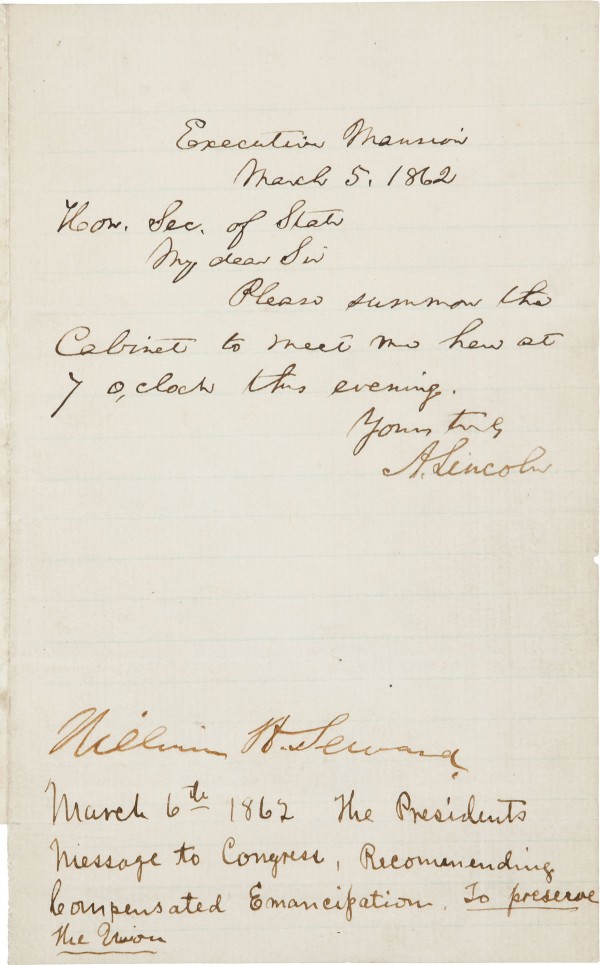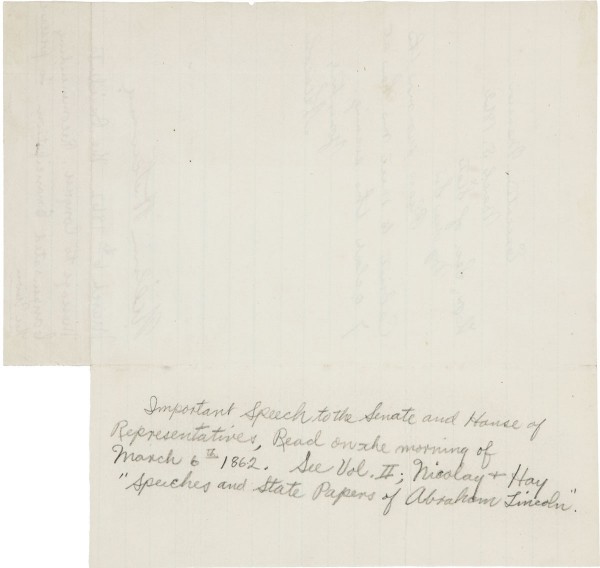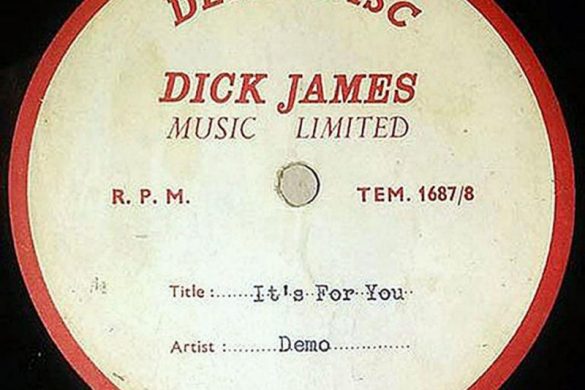Abraham Lincoln, the 16th President of the United States, serving from March 1861 until his tragic assassination in April 1865, remains remembered among other things, as one of America’s greatest heroes, who has strongly defended his views on the injustice of slavery. On April 16, 1862, President Abraham Lincoln signed the Compensated Emancipation Act, granting freedom to 3,100 enslaved persons in the District of Columbia. Now, 150 years after historically important event, a letter relating to the compensated emancipation of slaves, signed by Abraham Lincoln, will be offered as the highlight of the Heritage’s auction of historical manuscripts in Beverly Hills on 4th and 5th October. This letter is expected to bring $120,000 – $150,000!
In the fall 1861, Abraham Lincoln first proposed the idea of compensated emancipation, that is, compensating a slave owner monetarily for the loss of his slaves, but this was initially met with too much opposition. He remained steadfast and, in early 1862, decided to try again. The letter at auction shows the president calling together his cabinet in preparation for his March 6, 1862 speech to convince congress for a second time, to implement a plan for compensated emancipation. But unfortunately, once again his attempt has been futile.
Following his signing of the District of Columbia’s Compensated Emancipation Act, which ended slavery in Washington DC, Lincoln would take an even more radical measure. On July 22, 1862, he called together his cabinet for a final discussion on the subject, in which he would declare his intention to draft the famous Emancipation Proclamation, and therefore effectively ending slavery in the United States.
This letter, to be offered at auction, has been signed “A Lincoln”, and is addressed to secretary of state William H Seward and reads in full: “My dear sir please summon the cabinet to meet me here at 7 o’ clock this evening”. Countersigned by Seward at the bottom, the letter also includes a separate note in an unknown hand: “The presidents message to congress, recommending compensated emancipation, to preserve the Union”, which is dated March 6, 1862.










